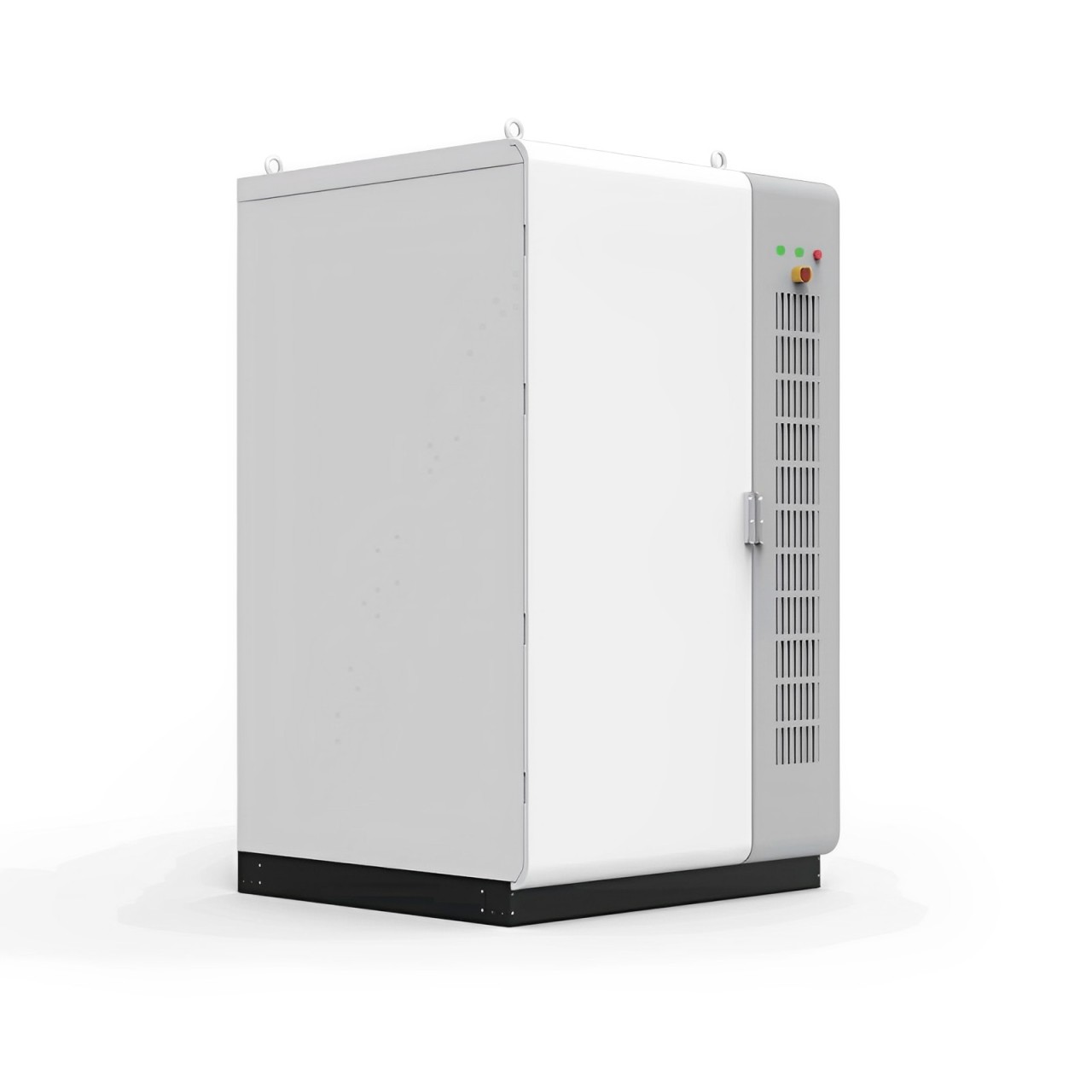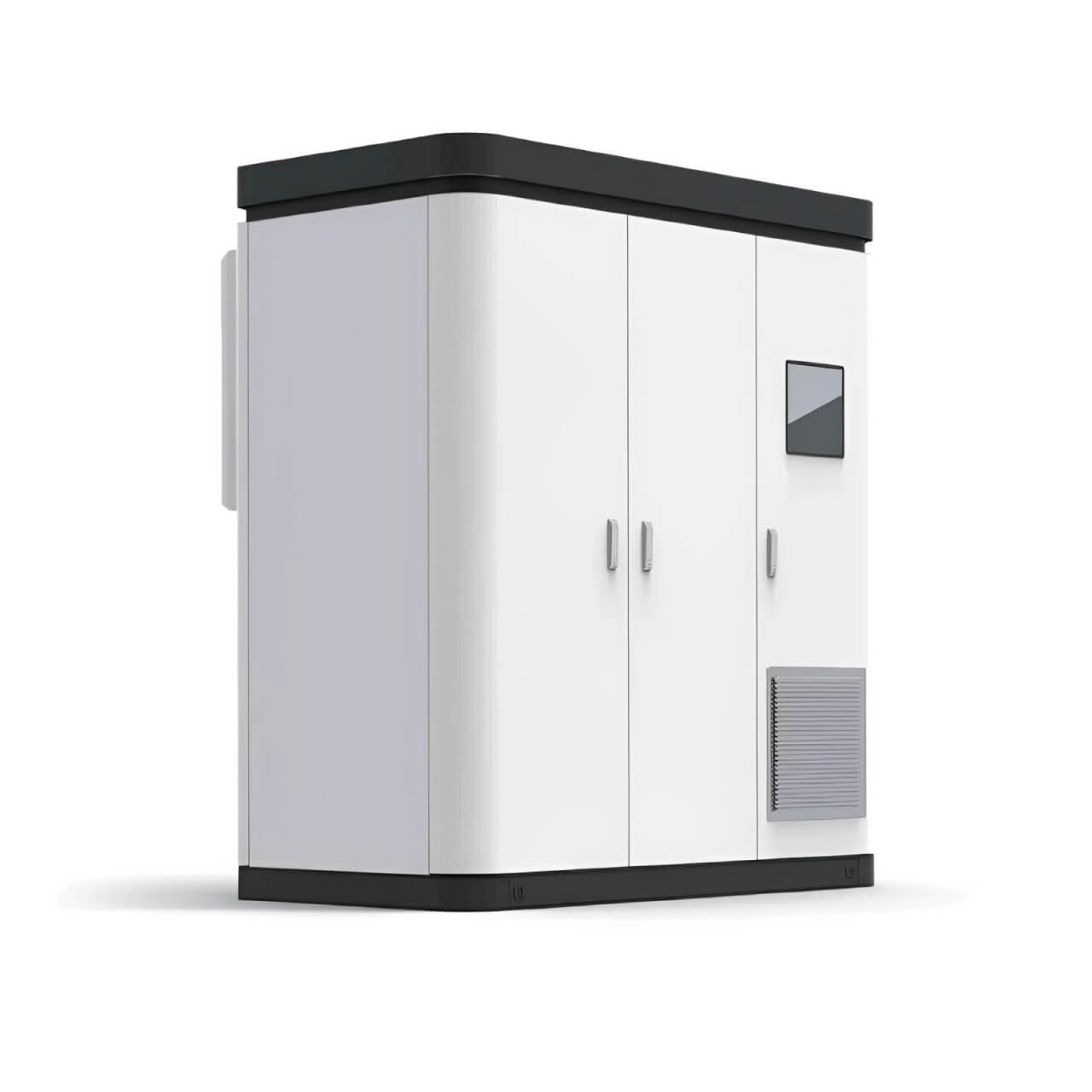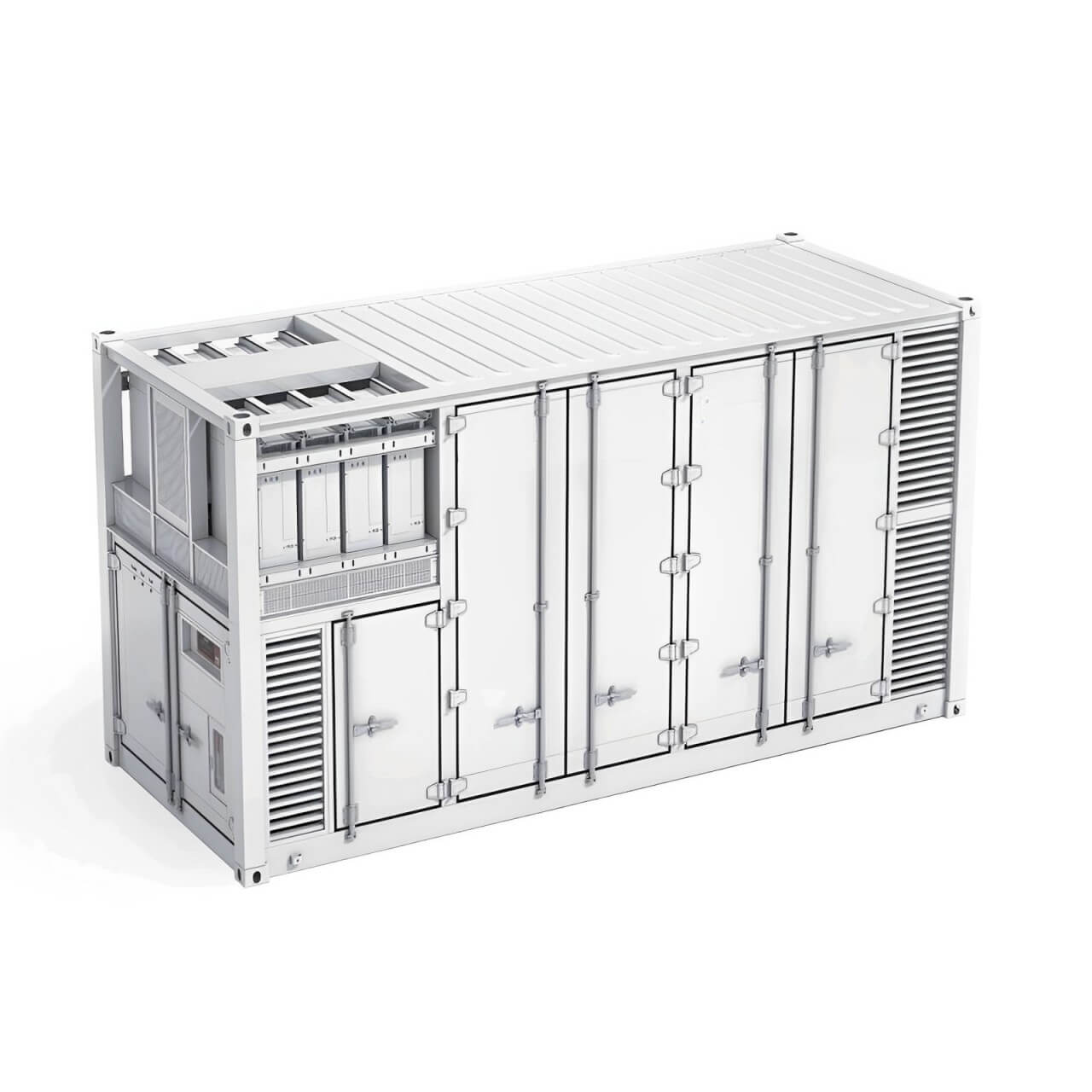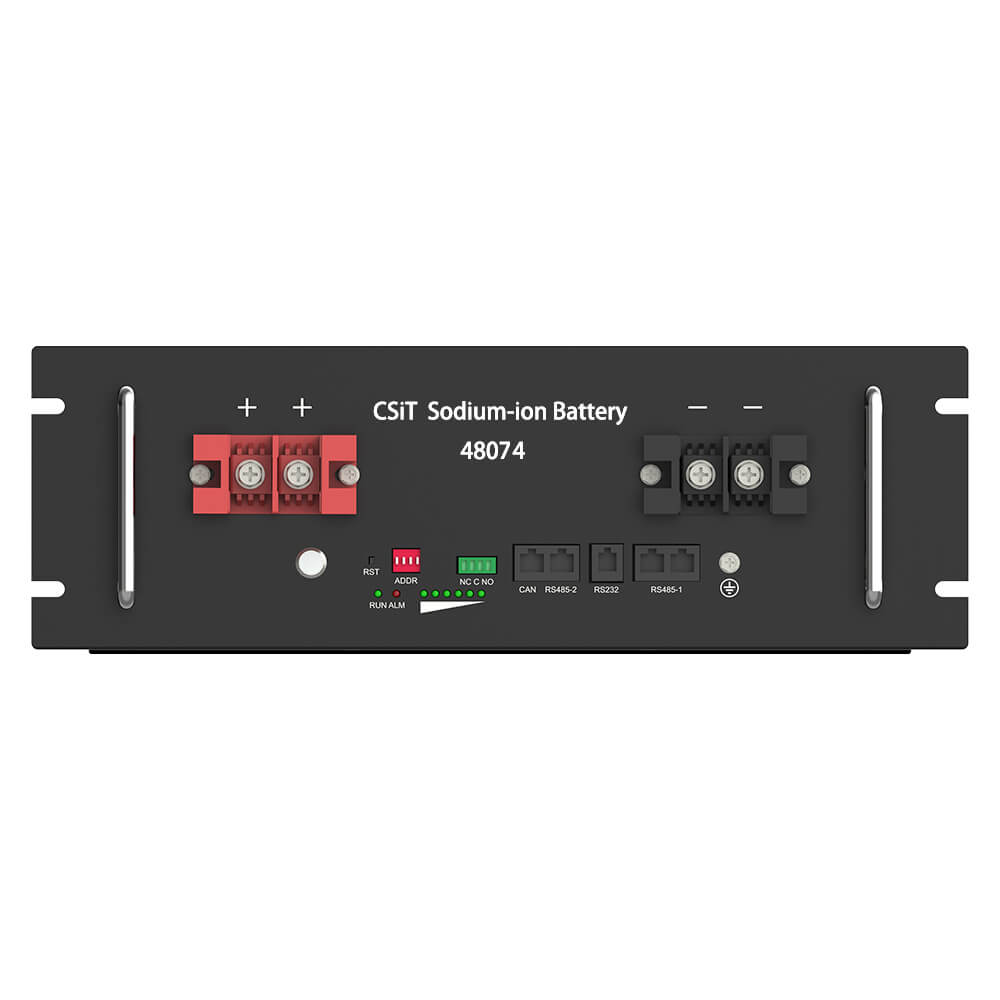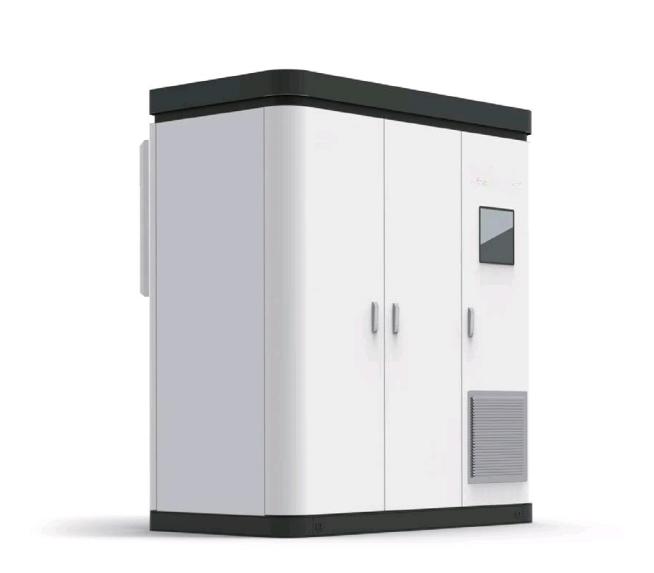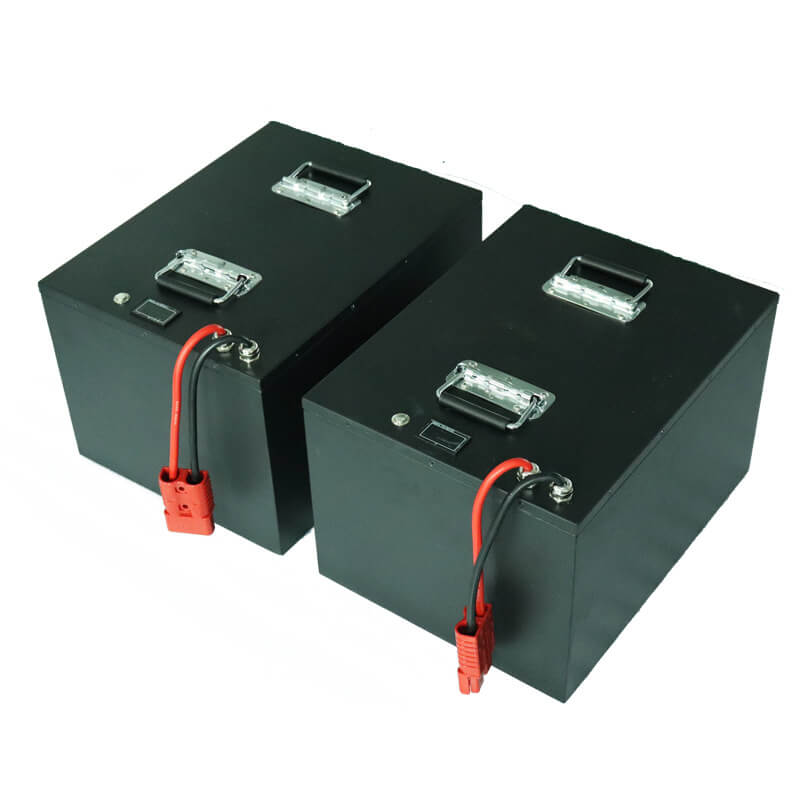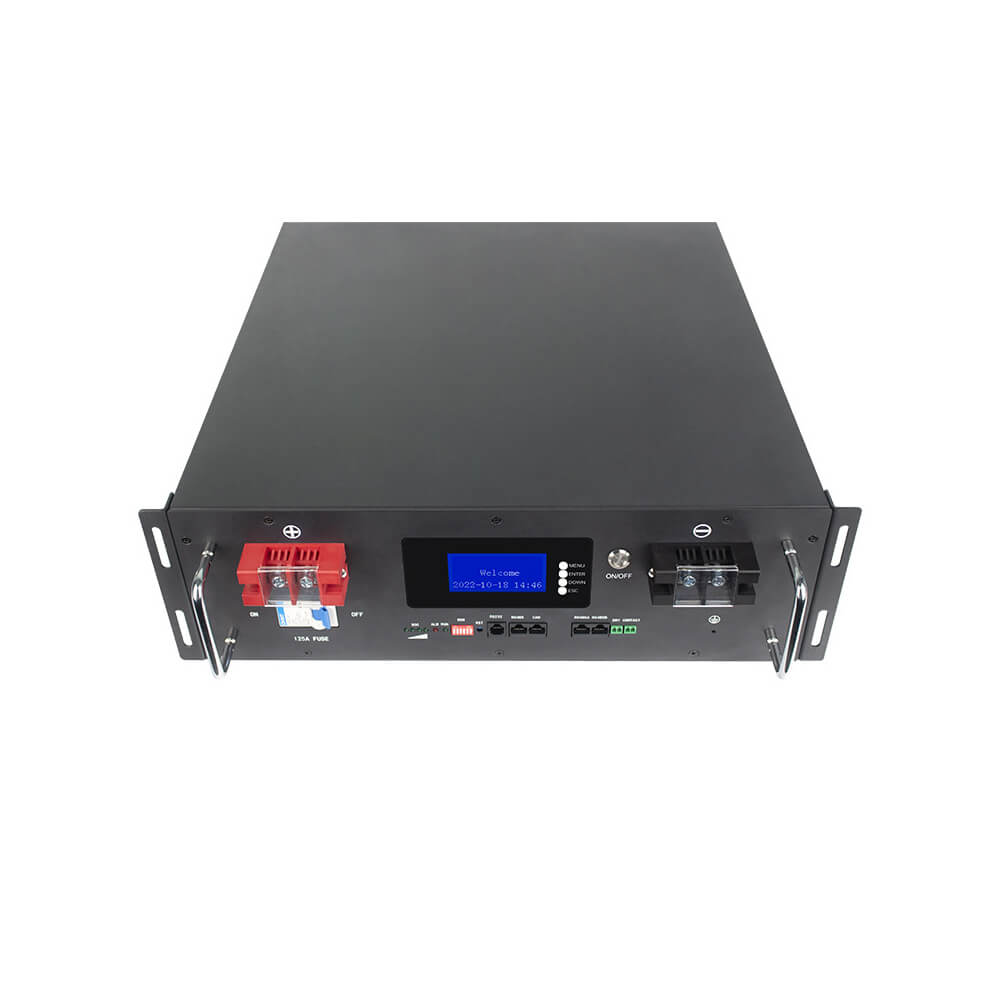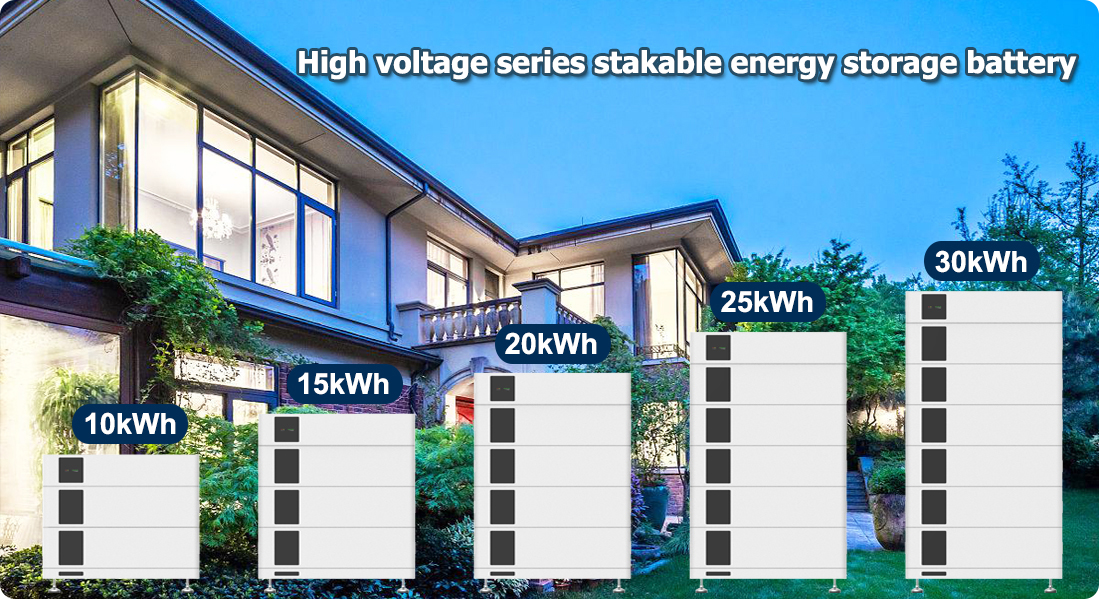Find out if a 10kW solar system is right for you
Everyone’s solar needs are slightly different, but 10 kilowatts of solar capacity will likely provide you with plenty of emissions-free power.
CSIT10 kW Solar System Manufacturer will outline below everything you need to know about 10kW solar systems, including how much they cost, the power they can provide and how to decide if a 10kW solar system is right for you.
Ten kilowatts of solar energy is enough to support a house larger than an average house. Nationwide, the average 10kW solar system costs about $21,000 after the 30% tax credit. The average 10kW solar panel system pays for itself in just over eight years. If you're interested in going solar, it's often easier to work with a professional solar installer to ensure you get the right size system for your needs.
Can a 10kW solar system power a home?
A 10kW solar system can provide all the power an average home needs, and probably more. in other words:
If you are connected to the grid, a 10kW solar panel array can functionally offset all of your utility energy use. We say "functional" because, while a 10kW solar system may produce more energy than your home uses, only part of the energy consumption occurs during the day when the panels are generating electricity. The excess energy produced by solar panels can be sent back to the grid, and you can make money from it through a process called net metering. If you want to go off the grid, a 10kW solar power system is probably a waste unless you invest in solar cells to capture the extra power generated during the day and provide that power when the sun is not shining.
How much energy can a 10kW solar system produce?
The exact amount of energy a 10kW solar system can produce depends on many different factors, including the efficiency of the solar panels, your geographic location, local weather, and your property’s unique features, such as the shading layout of the trees around your house and roof.
Still, you can roughly determine how much energy your 10kW system can produce on any given day based on your area's peak sunshine hours. Peak sunshine hours vary depending on the time of year and the latitude of your location, ranging from approximately three to six and a half hours nationwide. For example:
In San Diego, California, a 10kW solar system produces an average of 17,826 kWh of electricity per year. In Seattle, Washington, the same 10kW solar system would only generate 12,570 kWh per year.
While both loads are above the national average for residential electricity consumption (10,632 kWh), the difference in solar generation here is quite large and therefore worth noting. You can use any number of online resources to find the estimated energy potential of a 10kW solar system on your property. (We used the Global Solar Atlas for the above estimates.)
How much does a 10 kilowatt solar system cost?
The cost depends on the order quantity and the request from customer, we suggest to check price with us cace by case.
Through a net metering or net billing program, a 10kW solar power system can eliminate virtually all of your grid energy bills. (It’s difficult to get rid of grid transmission fees and other utility fees without going completely off the grid.) So while you may still have to pay an electricity bill with solar, a 10kW energy system can significantly reduce the amount you pay each month.
In most cases, the amount you can save with a 10kW solar system is actually limited by the amount you’re already spending on your monthly energy bill. If you live in an area with the greatest solar energy savings, going solar can save you hundreds of dollars every month on your utility bills. As electricity prices rise, your 10kW solar power system can help you even more.
How long does it take for a 10kW solar system to pay for itself?
On average, your 10kW system will pay for itself in less than nine years, but your results will vary based on your electricity usage, investment costs and local utility rates. Let's break down how this happens to help you understand why your system might take more or less time to save you more time than it initially took:
Assume you pay $20,954.71 (national average cost) for a 10kW solar system after qualifying for the federal Solar Investment Tax Credit. Your system generates 15,198 kWh per year, which is right in the middle of the expected generation rate between San Diego and Seattle under ideal conditions. Assuming your home actually uses that much energy, that would save you approximately $2,583.66 per year in utility bills, based on the national average of 17 cents per kilowatt-hour.
In this example, your 10kW solar system will take 8.11 years ($20,954.71 divided by $2,583.66) to pay for itself. However, if energy prices rise during this time, which often happens, the system can pay for itself more quickly.
How many solar panels are needed for a 10kW system?
You may need 20 to 40 solar panels to create a 10kW solar system, but if you try to use the wrong solar panels, this number can rise significantly.
While it may be tempting to invest in cheaper solar panels for a DIY installation, cobbling together a 10kW system with lower wattage panels may not be practical. For example, considering that 1 kilowatt equals 1,000 watts, you would need 100 individual 100-watt solar panels to create a 10-kilowatt system. This will require a large amount of installation space as well as many additional considerations and expenses.
How much roof space does a 10kW system require?
Assuming you use a reasonable number of 300- or 400-watt solar panels, you might need 500 to 625 square feet of roof space to install a 10-kilowatt system. (The average-sized solar panel takes up about 18 square feet of space. However, more powerful solar panels tend to be larger. In our experience, 400-watt panels tend to take up about 21 square feet, and 500-watt panels Panels tend to take up about 21 square feet of space; panels take up about 28 square feet).
To maximize the efficiency of your system, you should install your solar panels on a roof that receives direct sunlight most of the day and away from any trees or other obstructions. If you do not have enough available roof space on your roof to install a 10kW solar system, you may want to consider a ground installation on your property.
Is a 10kW solar system right for you?
Overall, a 10kW system may be suitable for you if:
Your home uses more electricity than the average residence. (This is typically seen in larger homes or homes with EV charging in the garage.) You spend more than $2,000 per year on utility power. You want to invest in a renewable energy system that will pay for itself within ten years.
These systems are large enough to provide sufficient power for a variety of properties. However, if your home doesn't consume much electricity, they may produce more power than you actually need.

 简体中文
简体中文 Russian
Russian French
French German
German Japanese
Japanese Korean
Korean Arabic
Arabic Spanish
Spanish